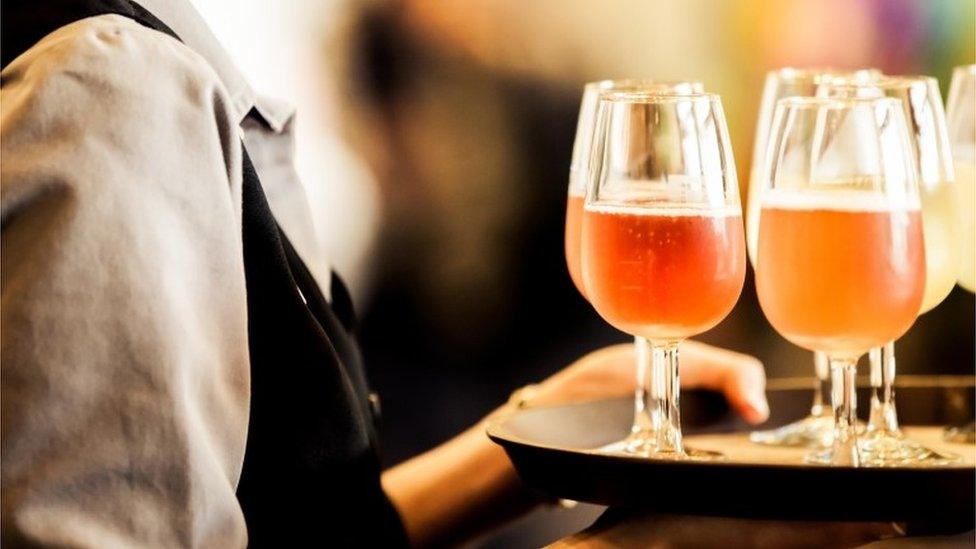Restaurants and bars forced to shut due to staff isolating
- Published
- comments

Becky and David Salisbury worry that they could face repeated closures under the current rules
Becky Salisbury and her husband David were in the car on Sunday when they got the news: one of the staff at their pub, the Alford Arms in Berkhamsted, had tested positive for Covid.
So, after a rollercoaster year, overhauling how they work and installing every hygiene measure they could think of, the pub is now closed again, for 10 days.
"It's frustrating," says Becky. "Having made some profit recently with nice weather and a good garden, unfortunately it's all going to go down the pan."
Becky and David are far from the only ones in this situation. Pubs and restaurants across the country are finding operating day-to-day a minefield.
It only takes one case on site, and the NHS Test and Trace alerts come thick and fast, instructing staff to isolate. Without them, venues can't open.
It isn't sustainable, the industry says, especially as cases continue to rise so rapidly.
The government says self-isolation remains an essential part of the effort to control the spread of the virus.
Ian Payne, chairman of the nationwide Stonegate group of pubs, wrote on social media that the chain has around 1,000 people off, because they had been alerted by NHS Test and Trace, and 15 sites closed, because the management team were self-isolating.
The Wetherspoon pub chain said six members of its staff had tested positive, leading to 69 further employees being required to self-isolate.
Nick Collins, chief executive of the chain Loungers, which operates 173 cafe-bars, has also had to temporarily close some sites, and reallocate staff between venues.
"It's really challenging," he said, but he now fears that it "could get worse" as rates of the virus continue to rise.

Nick Collins says test and trace disruptions are incredibly frustrating
As a result, the body representing pubs and restaurants, UKHospitality, is calling on the government to reconsider the rules on isolation.
"For some weeks, we have been telling government about the severe staff shortages at venues," said UKHospitality chief executive Kate Nicholls.
She said some team members were being told to isolate even if they hadn't shared shifts with colleagues who tested positive.
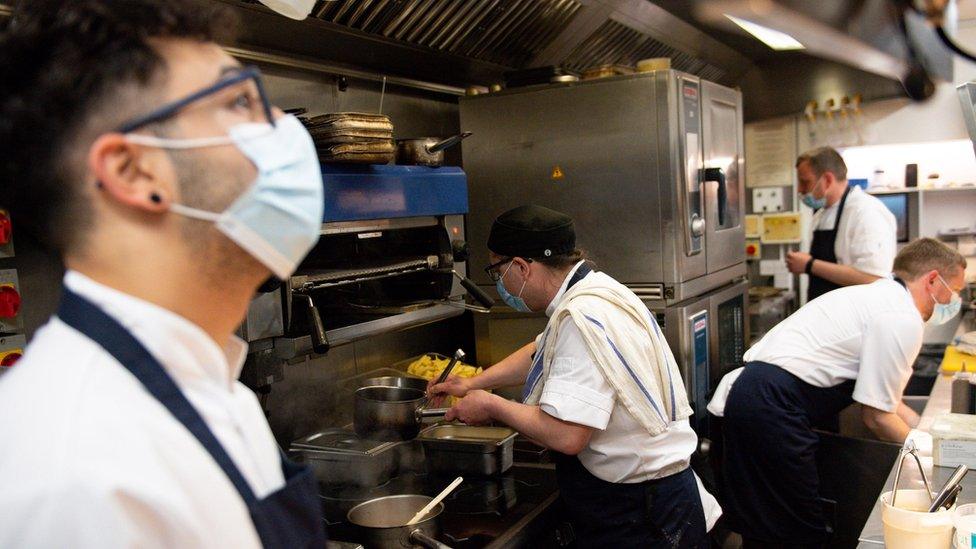
Staff in the hospitality industry often work long hours
UKHospitality would like to see a testing system that monitors whether staff are still negative for the virus, but allows them to continue working.
"If the system remains as it is, there's a threat of mass isolations, which would hugely damage trade, putting many companies at risk of failure," said Ms Nicholls.
"A strong focus on testing when cases are identified, rather than isolating fit and healthy people, would help to avoid mass isolations," she said.
The government is running a pilot scheme to see whether allowing people who have been exposed to the virus to take daily tests instead of isolating is effective at controlling its spread.
The government would continue to support the hospitality industry, but self-isolation was currently an essential part of the strategy for protecting the public, a government spokesperson said.
"By self-isolating, people are helping to break the chains of transmission while protecting friends and family from the virus and minimising the risk of further disruption in schools," the spokesperson said.
'Utterly vulnerable'
Without a change to the rules, pubs such as Becky and David's, which cannot switch staff between multiple sites, fear they could end up yo-yoing between being open and closed all summer.
"I think the risk to all hospitality of having more than one closure this summer is really high," says Becky.
"We've done everything we can and we are still utterly vulnerable."
"We have a machine that cleans the air. The staff wear hand cream that gives them four hours of protection. We clean religiously. But there's no way I can protect the staff from being pinged," she says.
She has gently asked her team to be as careful as they can outside work, but they are mostly young and she says she can't ask them not to see their friends. Yet she knows that is the age group where levels of the virus are highest.
"We're reopening on Tuesday and we're really excited. But there's every chance someone could be in contact on Wednesday and we'd have to close again. It could happen," she says.
Related topics
- Published11 June 2021

- Published2 June 2021

- Published30 September 2021
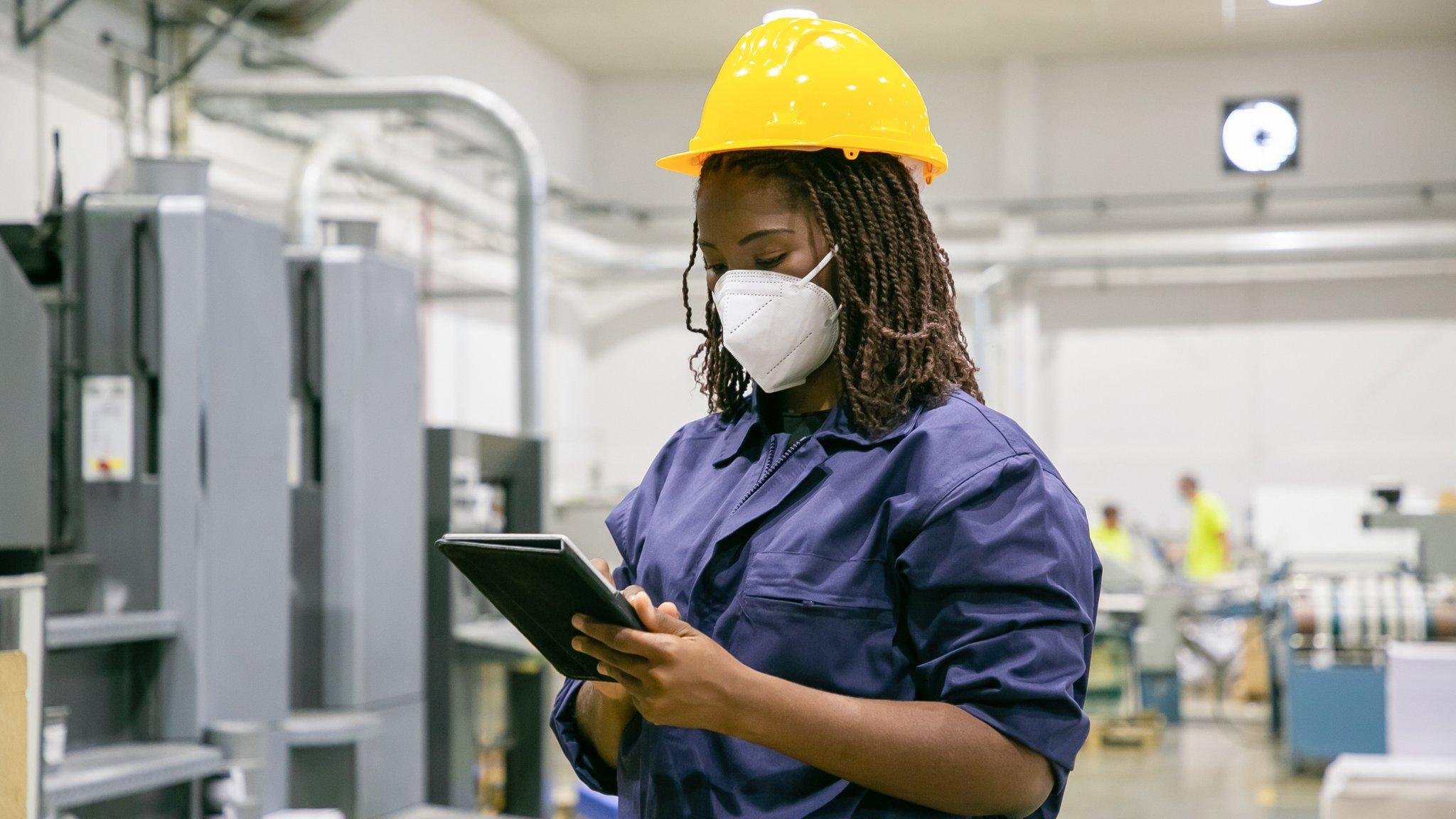
- Published1 July 2021
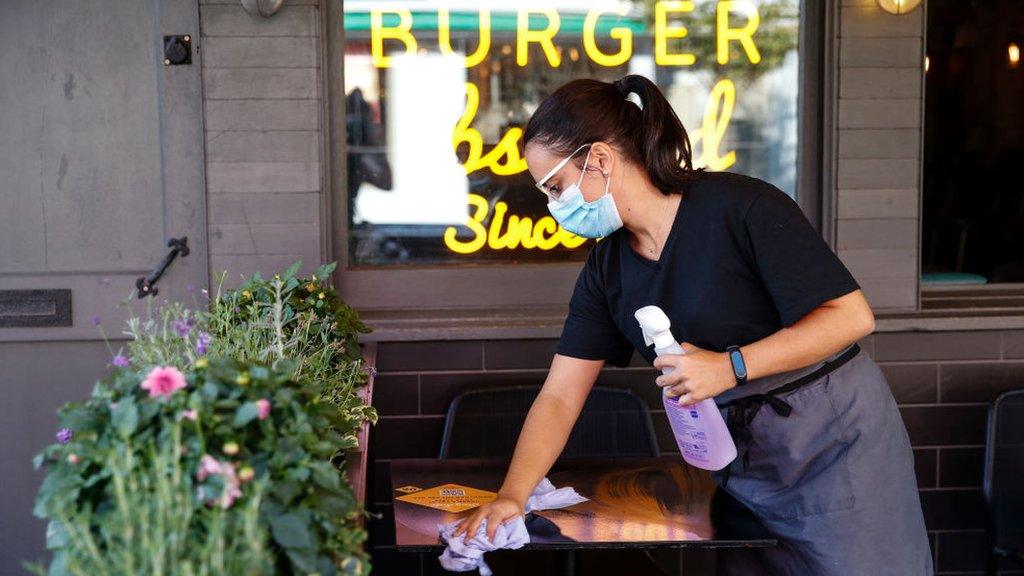
- Published4 June 2021
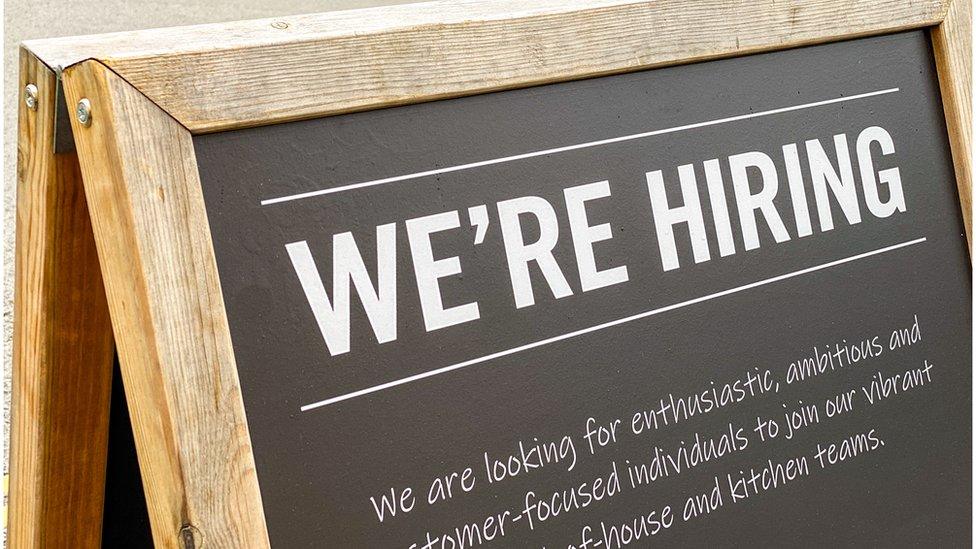
- Published1 July 2021
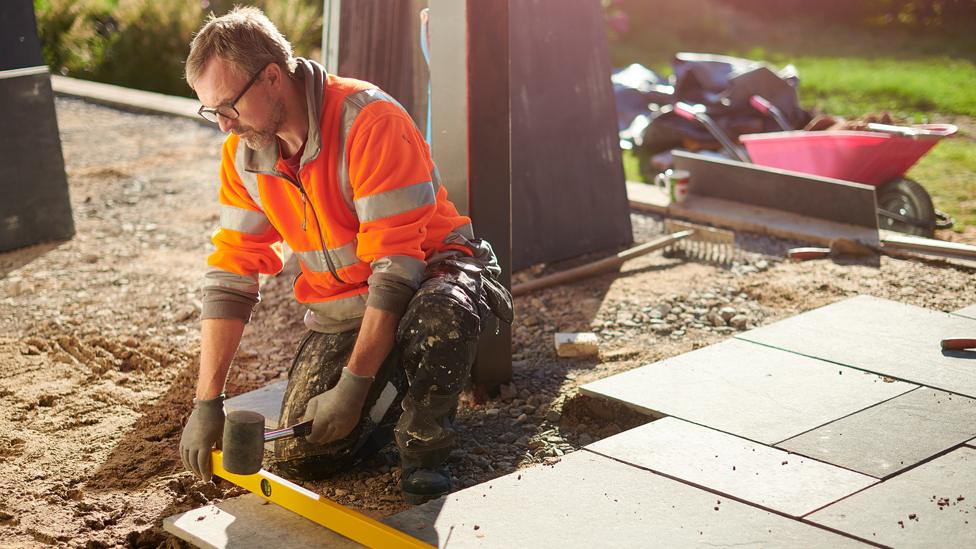
- Published22 June 2021
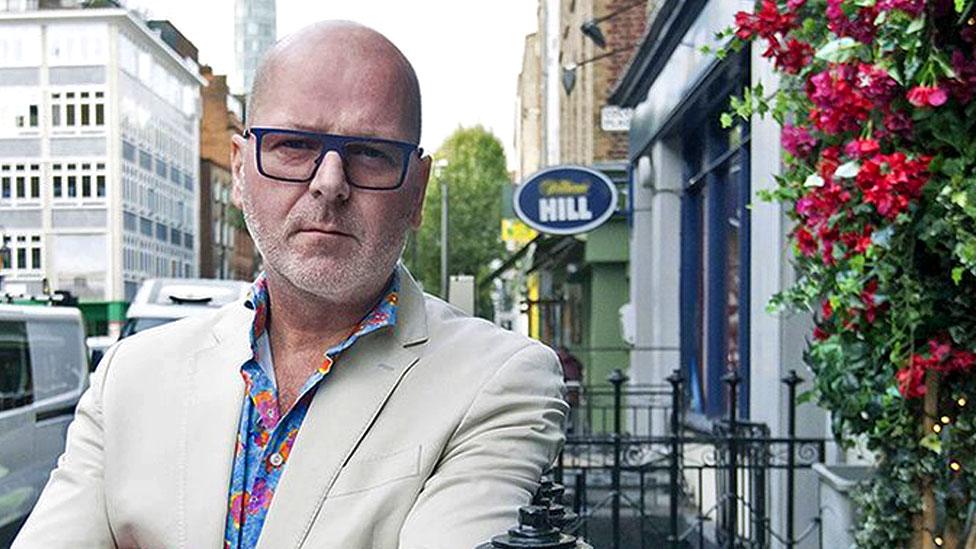
- Published28 June 2021
